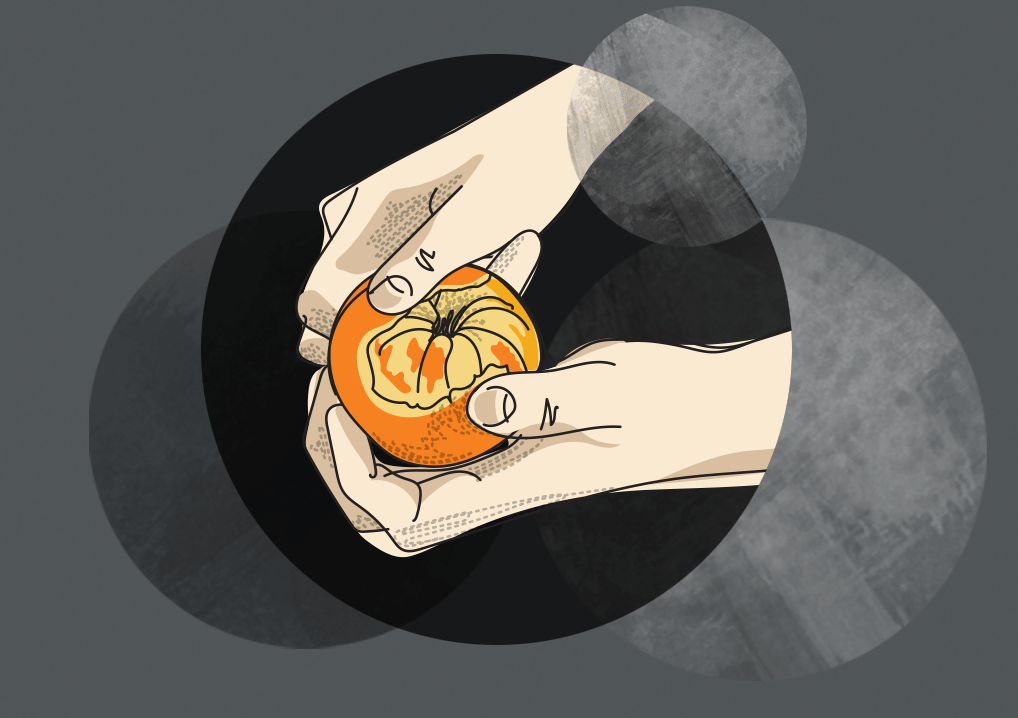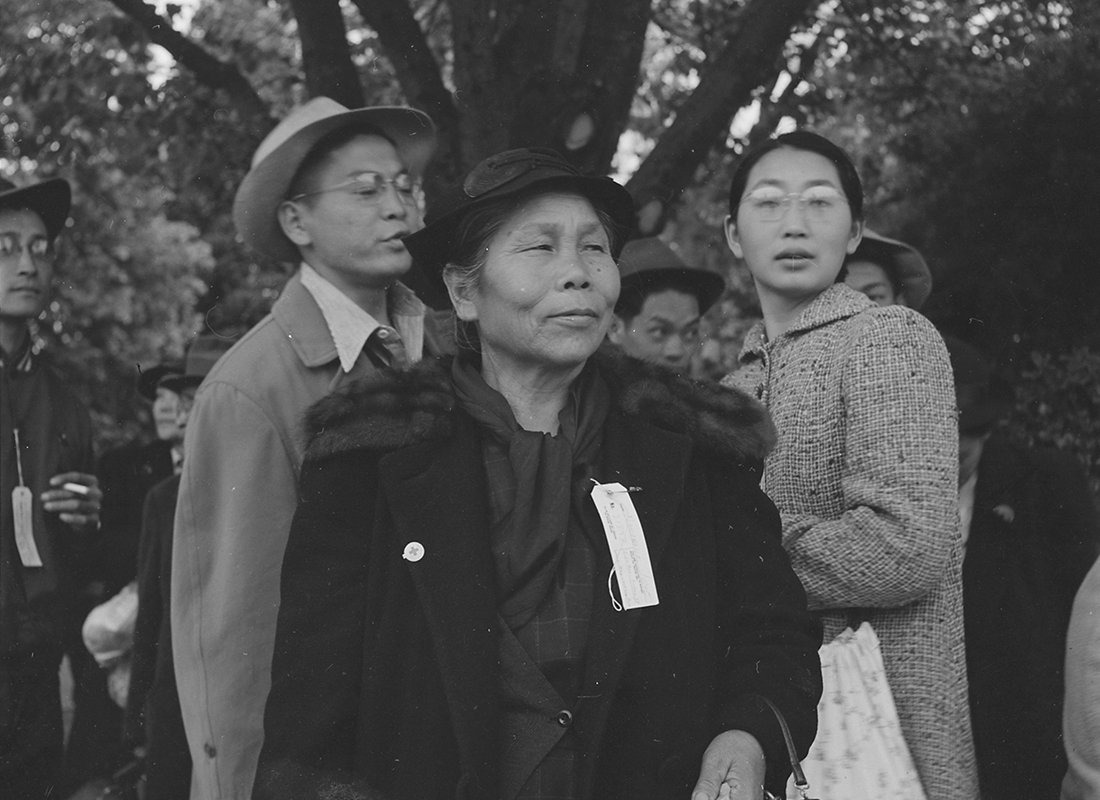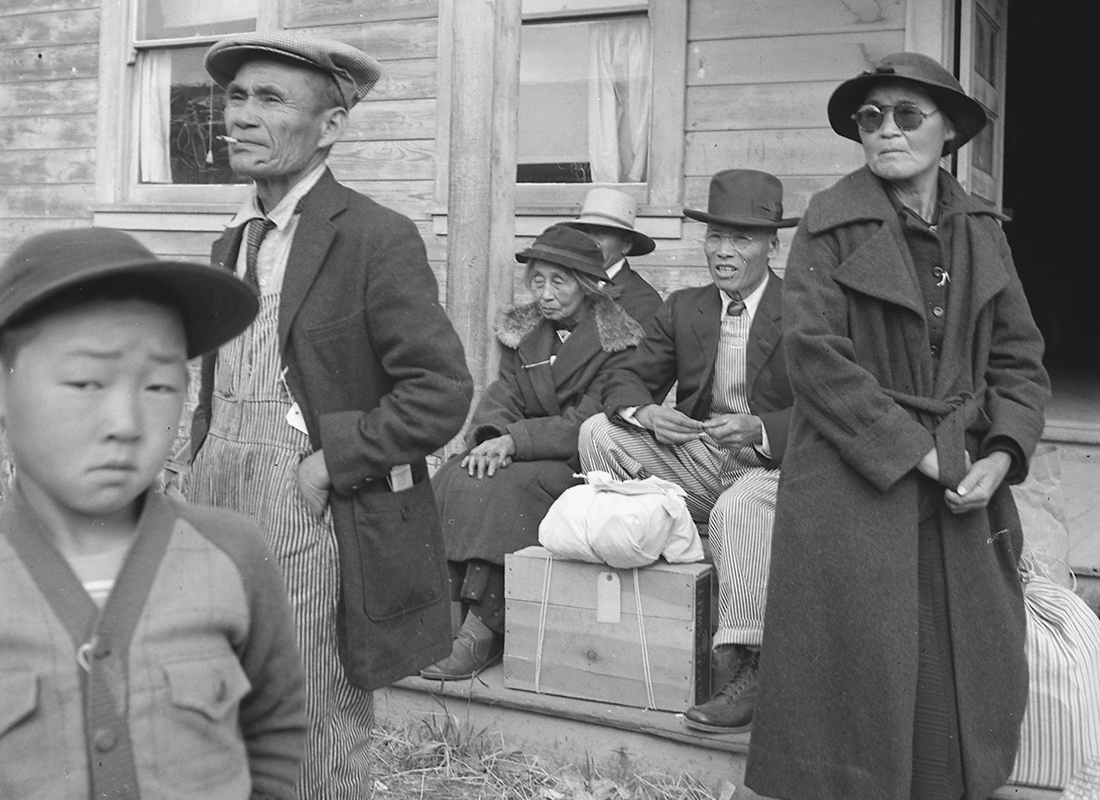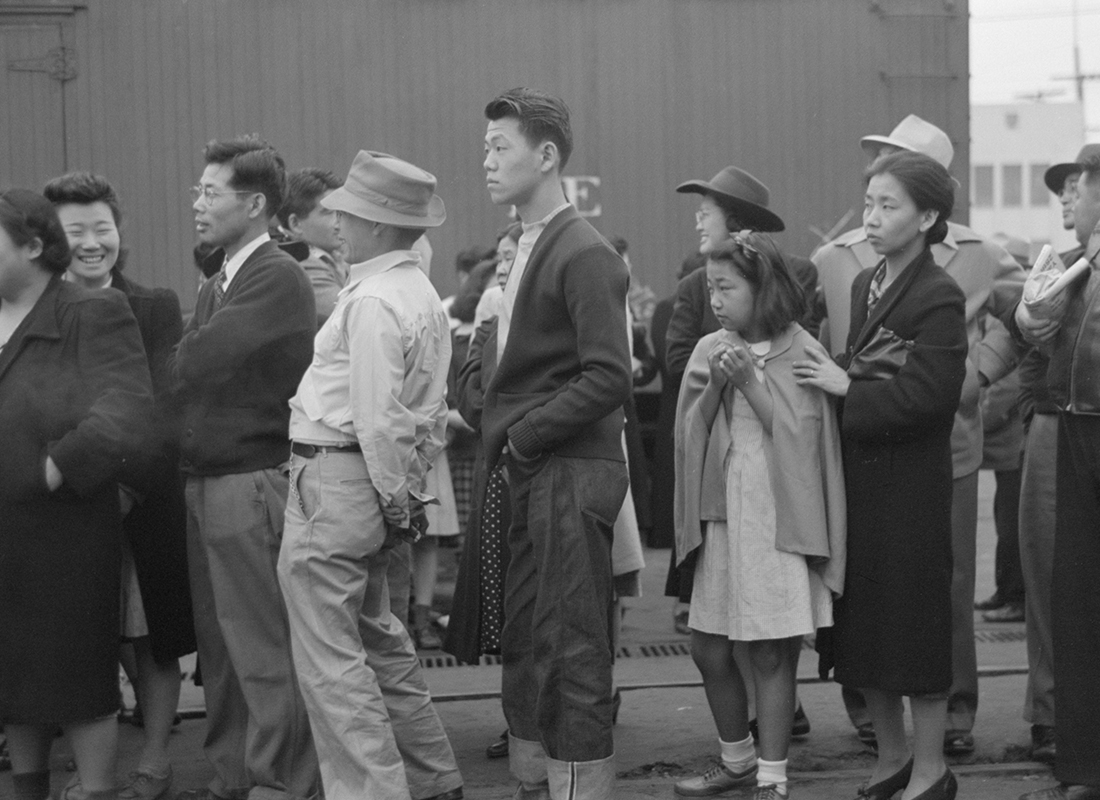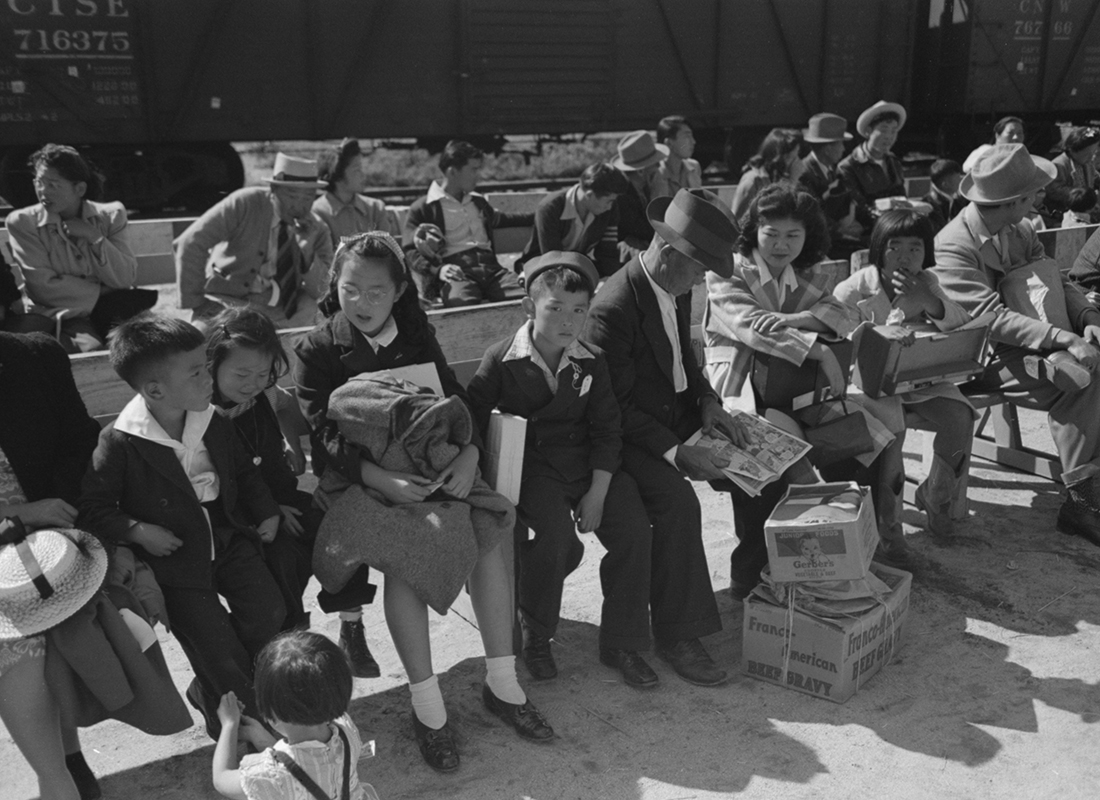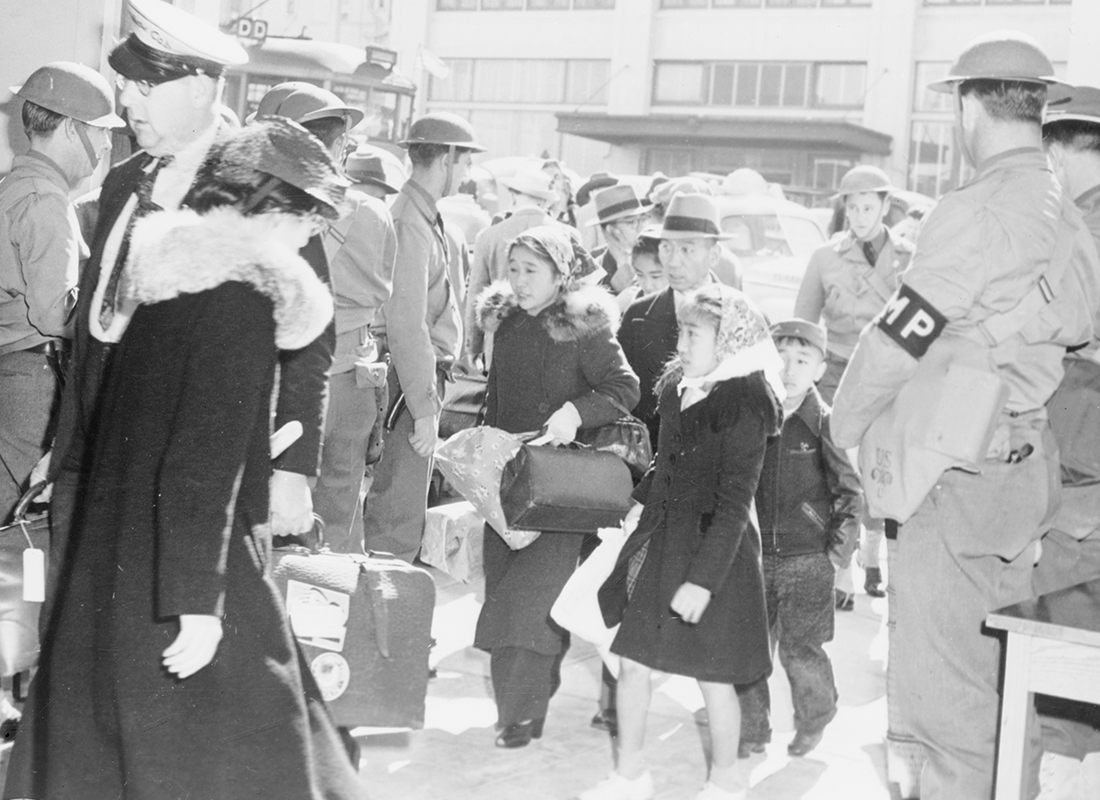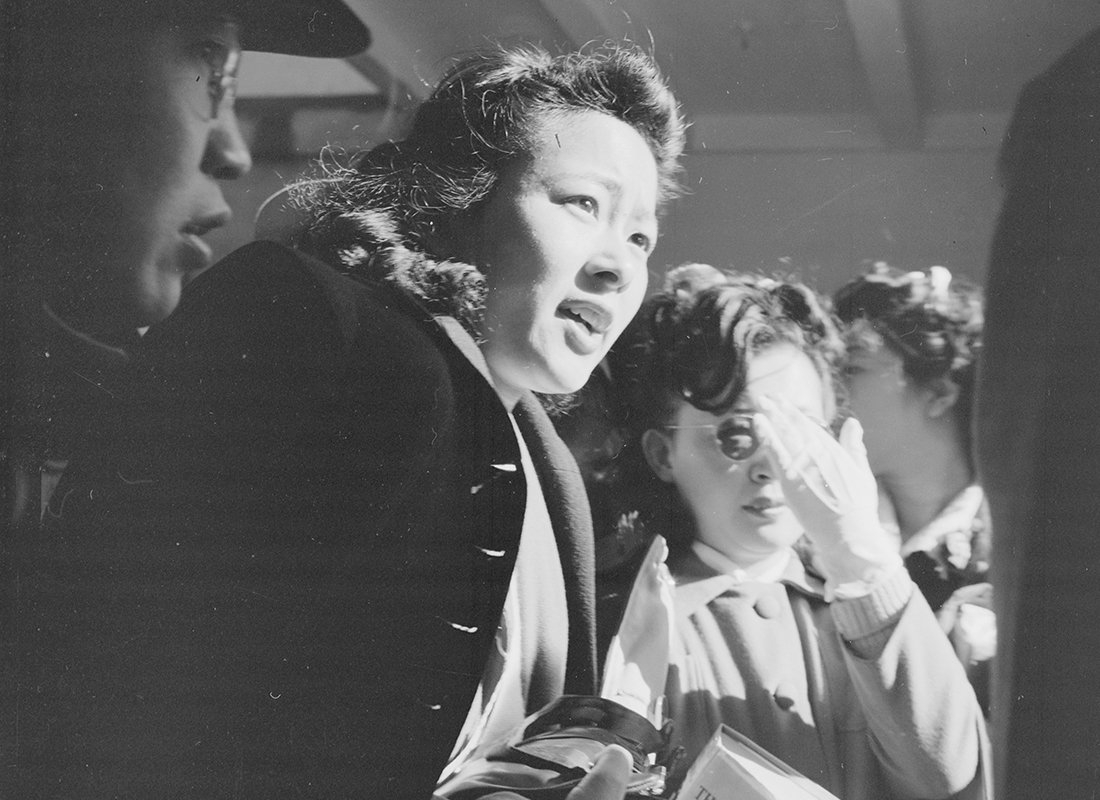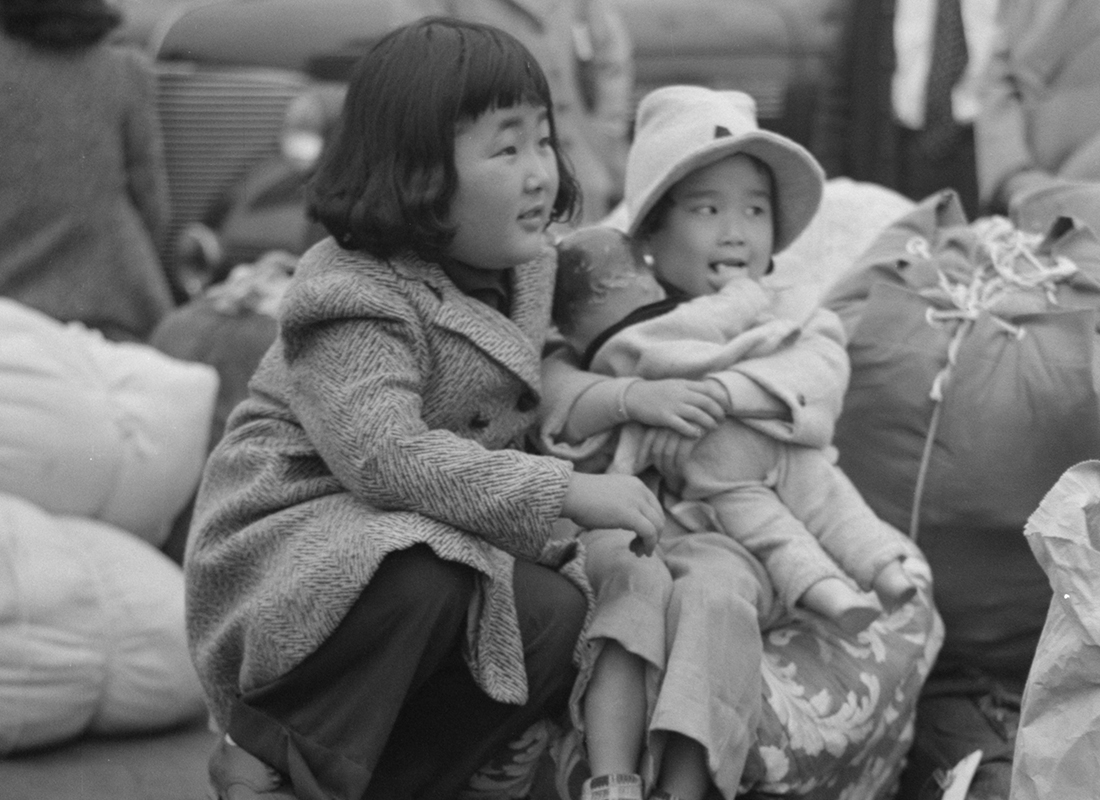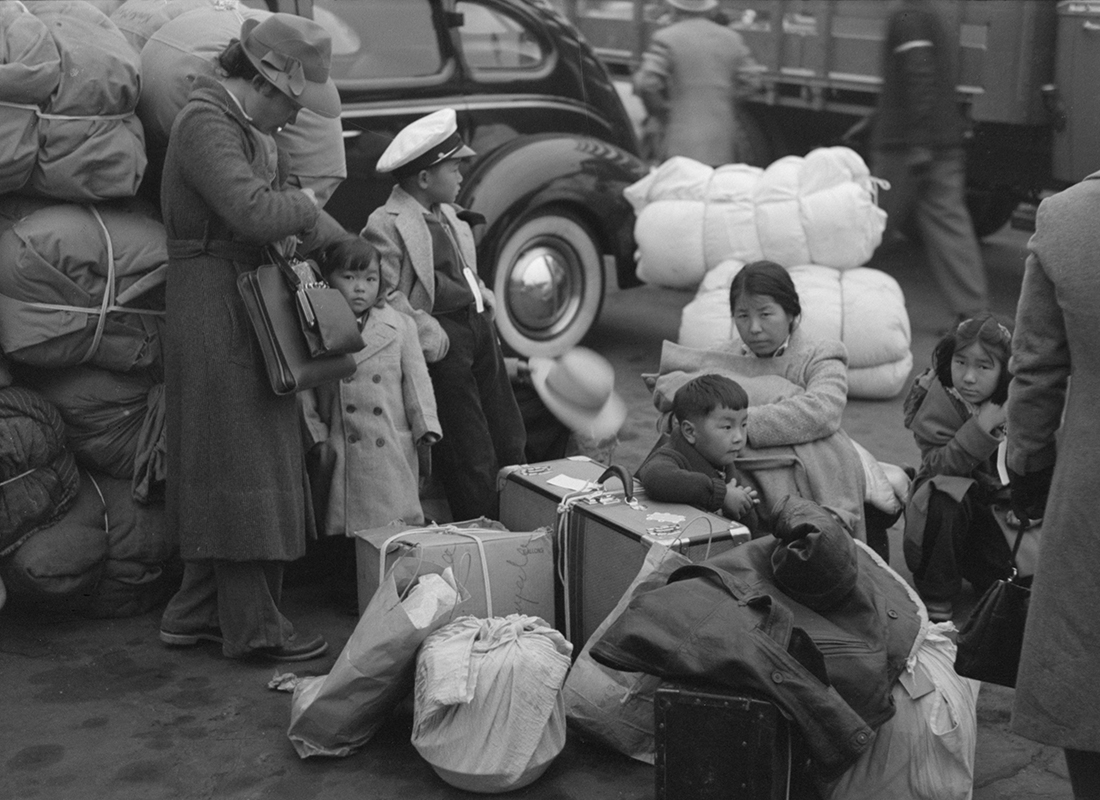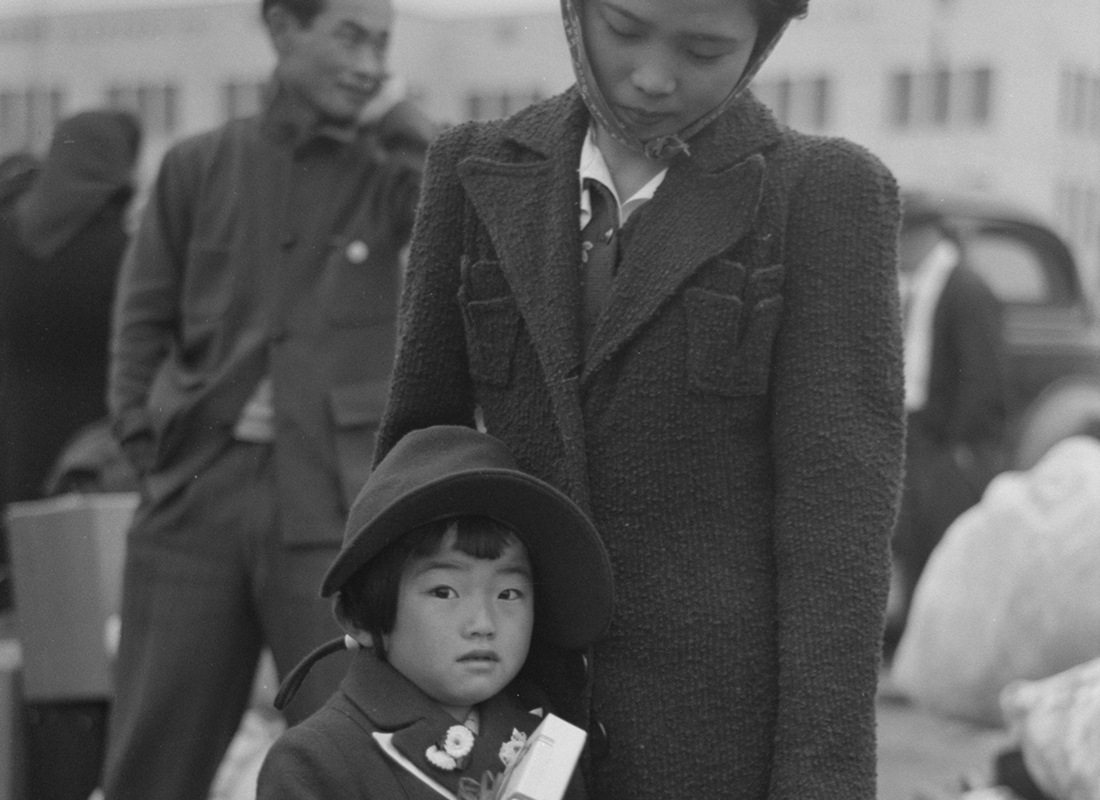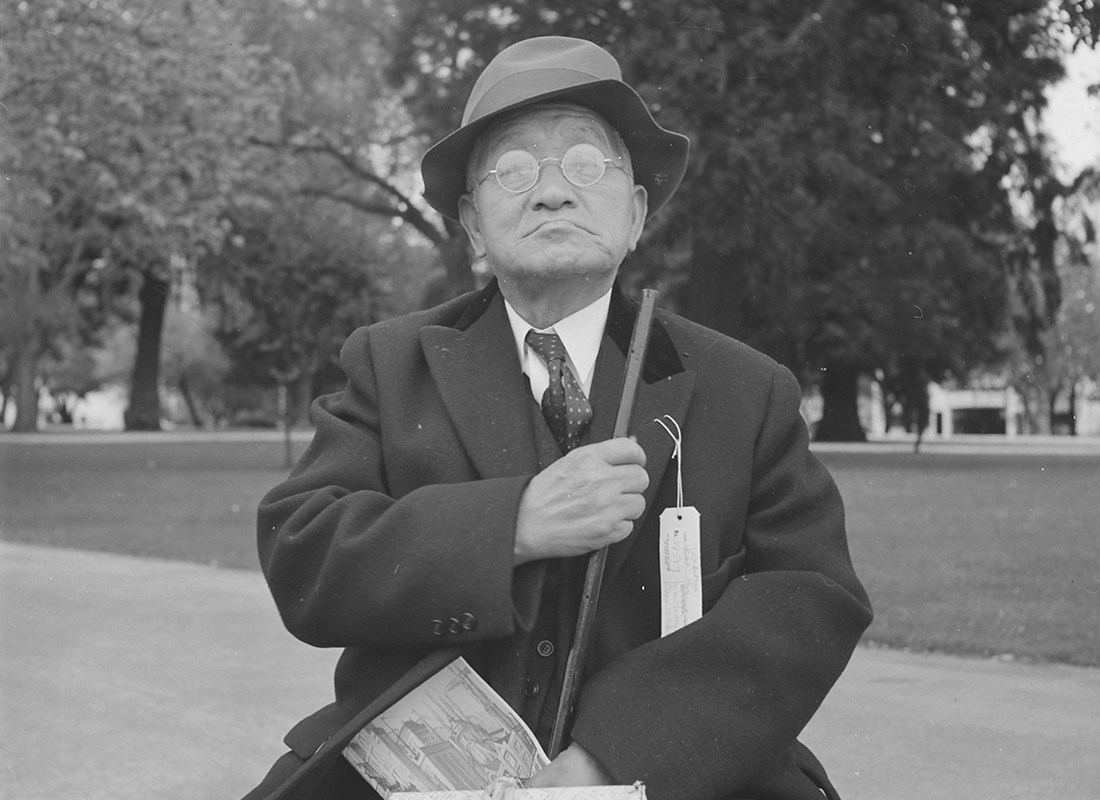
The Orange Story
In the third chapter of the movie, In the third chapter of the movie, Koji packs his bag and prepares to leave. Through the archival material below, learn more about the hard decisions that Japanese Americans had to make during this time.
“. . . my family name was reduced to No. 13660. . . . We had three days and three nights to pack and get ready. . . . We tagged our baggage with the family number . . . and pinned the personal tags on ourselves; we were ready at last. . . . We took one last look at our happy home.”
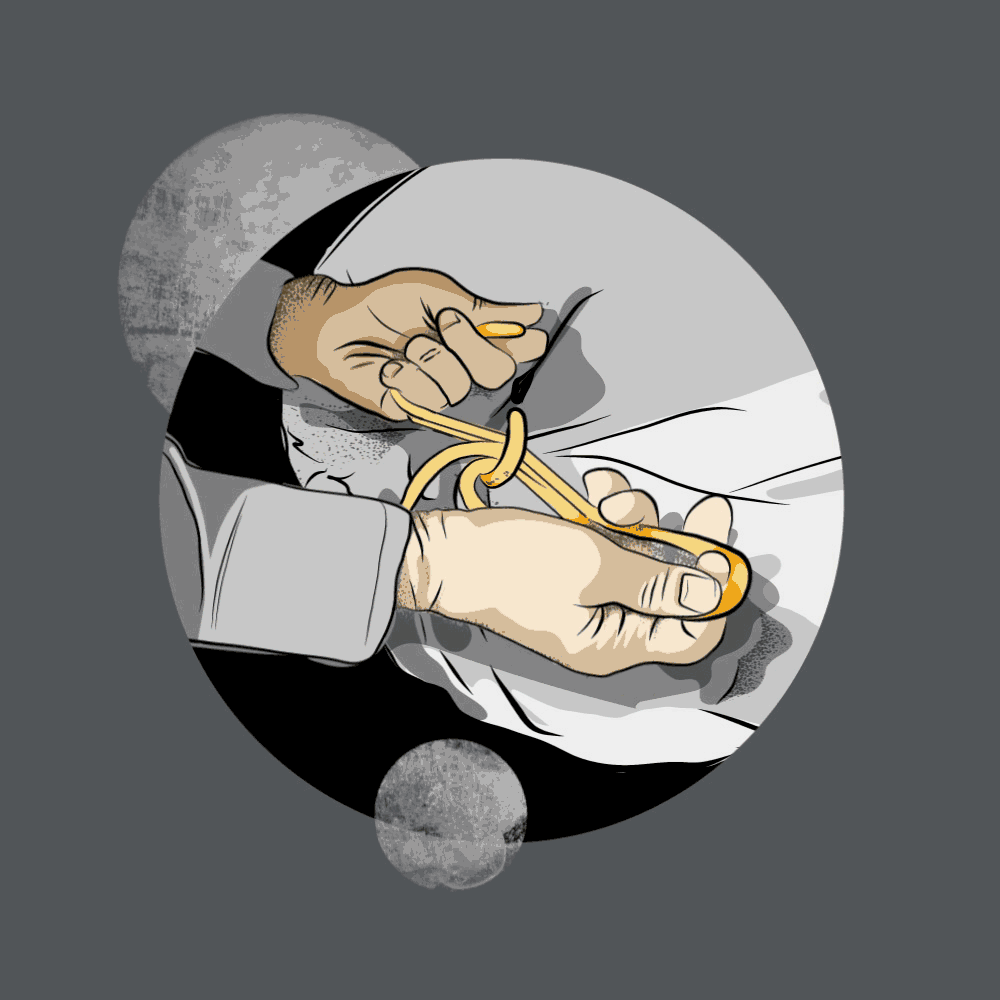
Packing for the Unknown
Witness the confusion and sorrow experienced by Japanese Americans as they quickly packed up their lives and prepared for incarceration.
Click to launch
slideshow
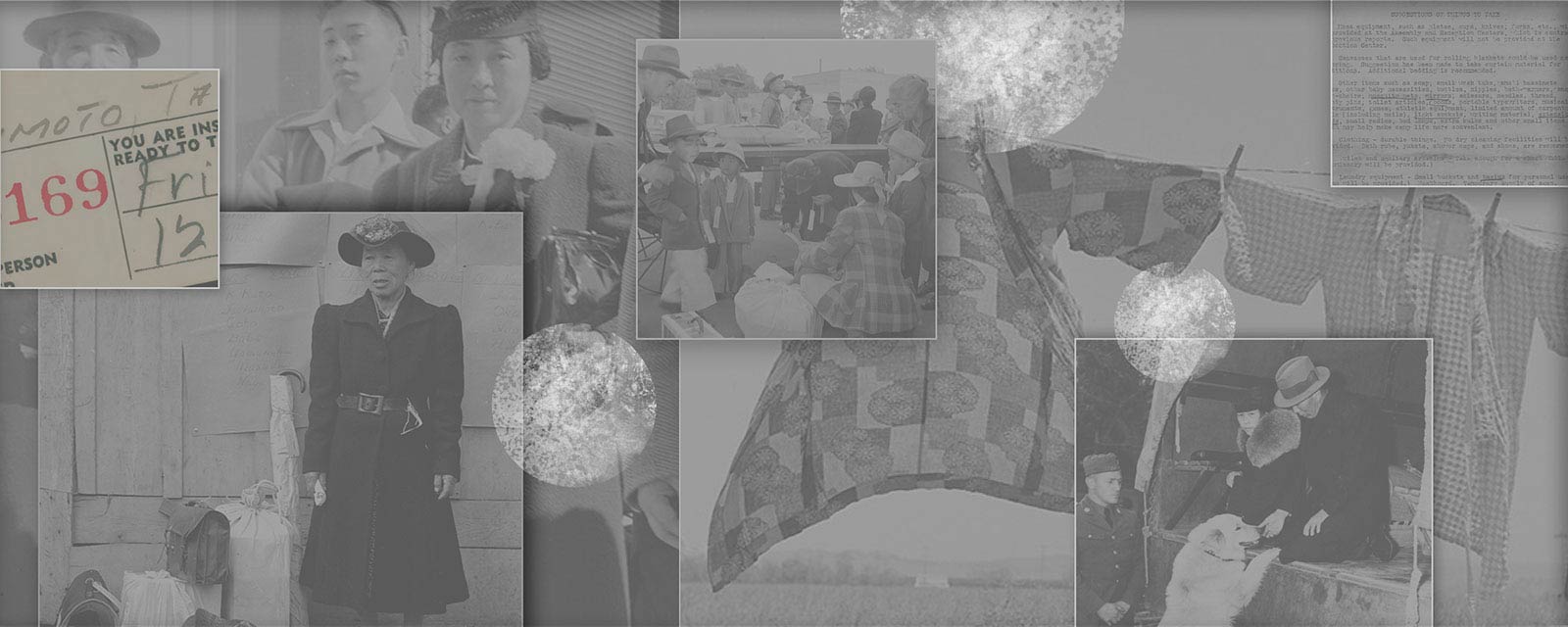
Tap to launch
slideshow

“It was past midnight when we finally climbed upstairs to bed. Wearily we closed our eyes, filled with an indescribable sense of guilt for having destroyed the things we loved. This night of ravage was to haunt us for years.”
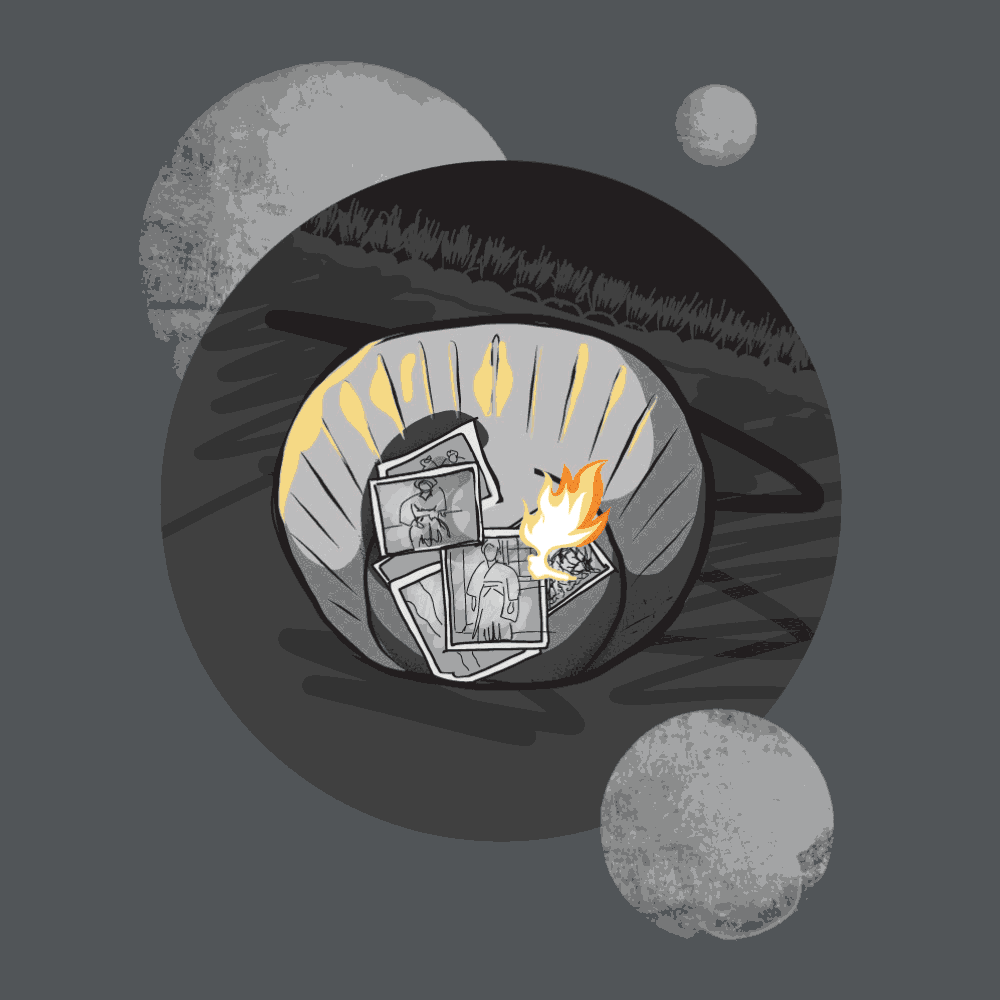
“These were mainly days of quiet, desperate waiting for what seemed at the time to be inevitable. There is a phrase the Japanese use in such situations, when something difficult must be endured. You would hear the older heads, the Issei, telling others very quietly, ‘Shikata ga nai’ (It cannot be helped). ‘Shikata ga nai’ (It must be done).”
